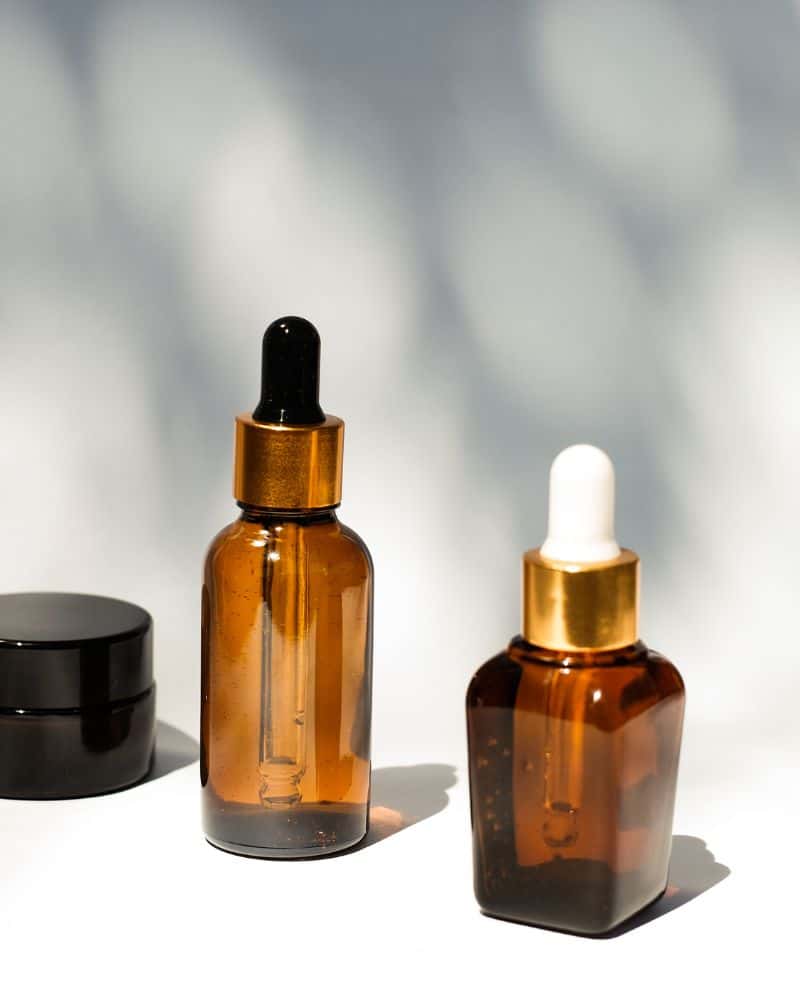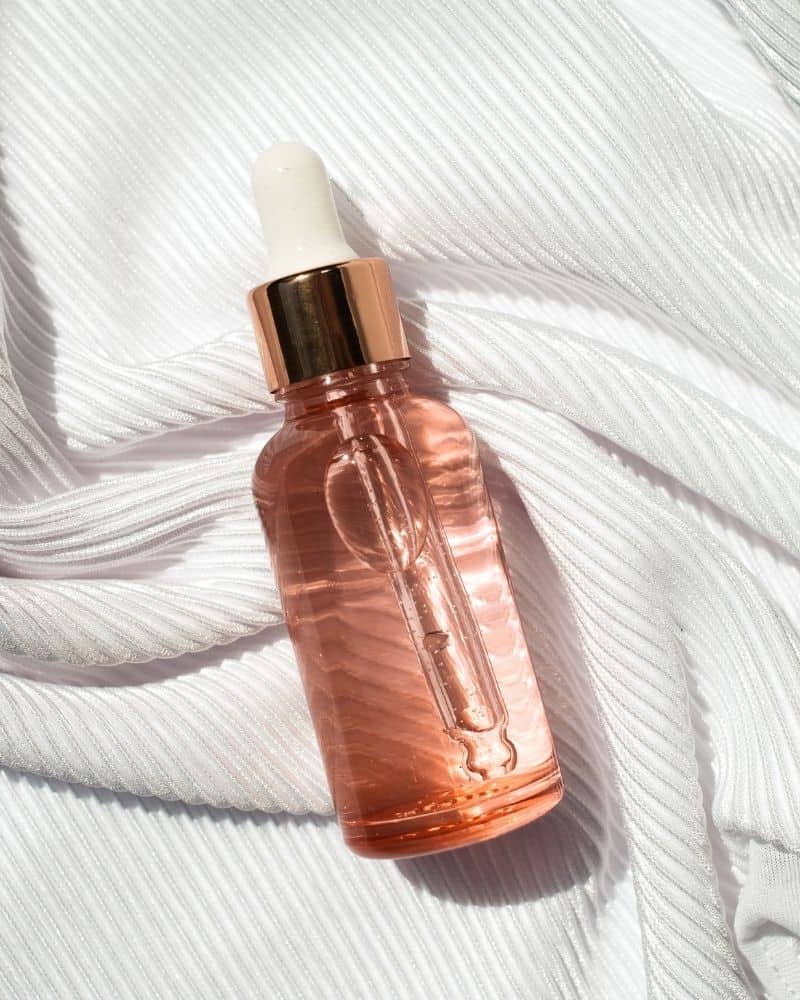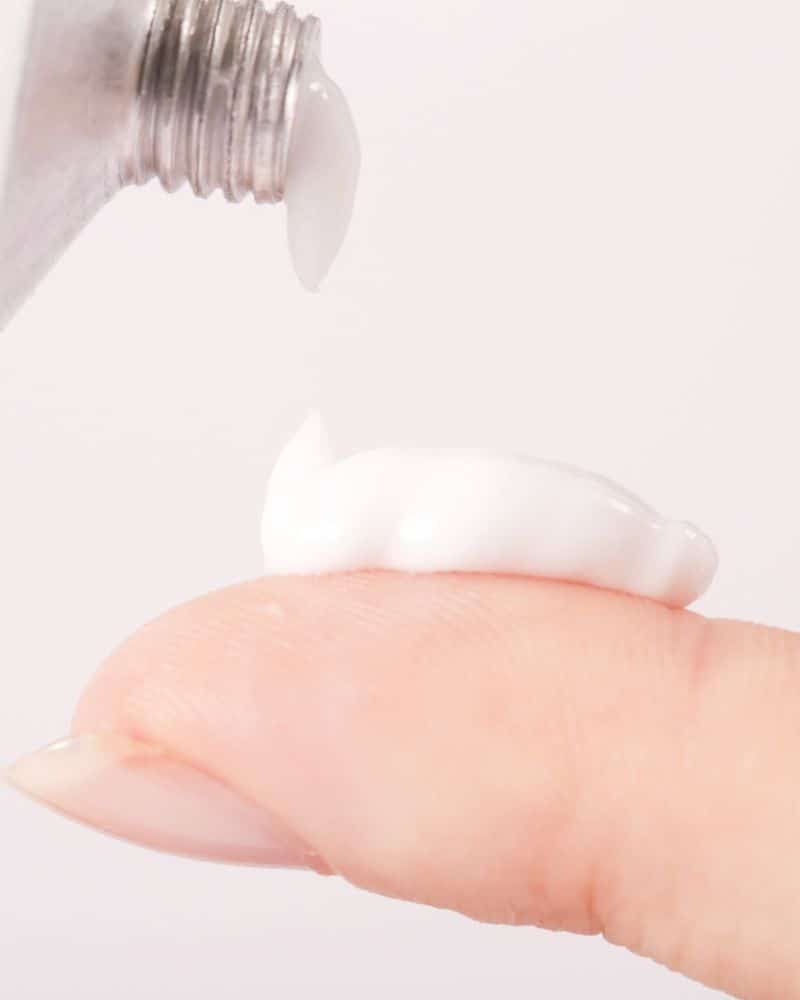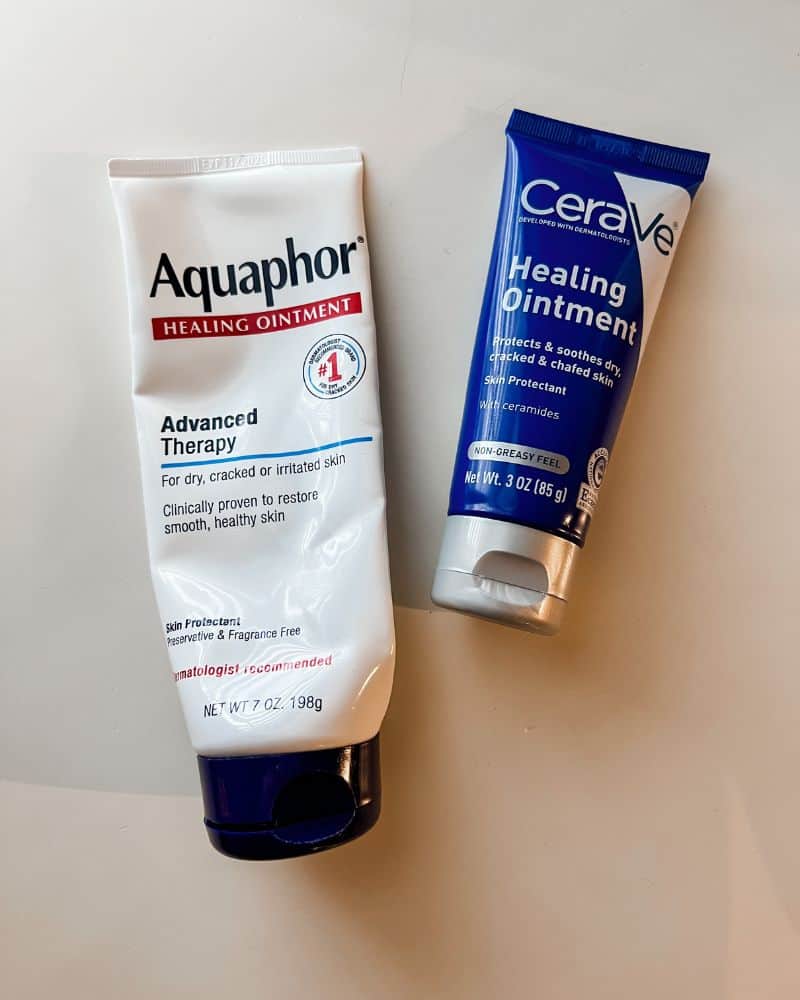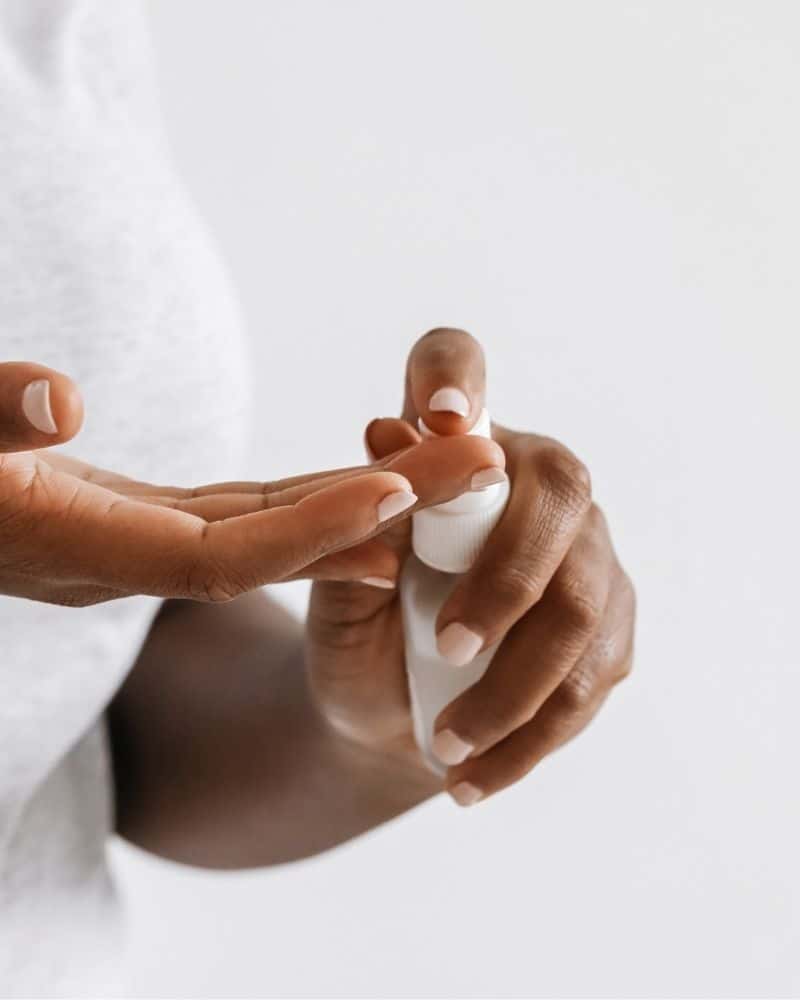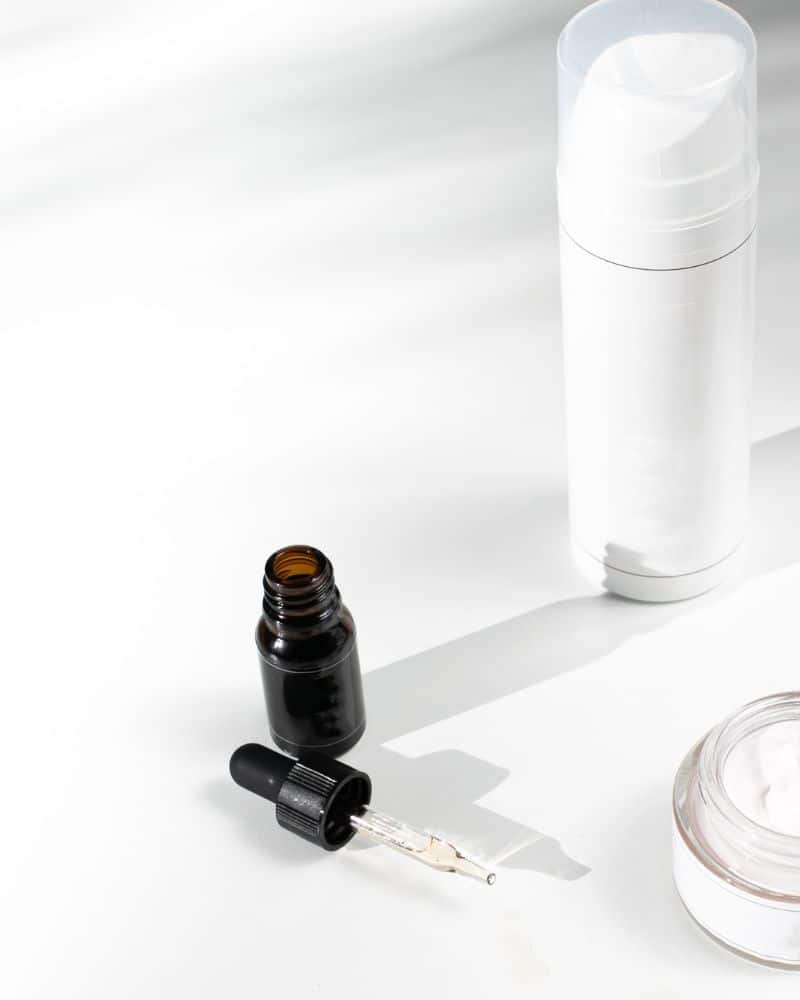Argan Oil Vs Rosehip Oil: Which Is Better?
This post may contain affiliate links.

Argan oil and rosehip oil are both popular oils used in skin care and the beauty industry. But what’s the difference? And which one is best for you? Argan oil is derived from the argan tree, while rosehip seed oil is extracted from the seeds of a rosebush. Argan oil is known for its moisturizing properties, while rosehip seed oil is high in Vitamin C and antioxidants. So which one should you use? It really depends on your needs and your skin type. Let’s dive into Argan Oil Vs Rosehip Oil to help you determine which facial oil is best for you.
Facial Oils: What Are They?
Facial oils are typically produced from the nuts of seeds of plants. They are rich in fatty acids and depending on the oil, can have vitamins, minerals and other ingredients that can benefit the skin. Facial oils hydrate and moisturize the skin while providing nutrients and other benefits. They can also create a protective barrier to keep hydration locked in the skin and keep any irritants out.
Now that we know a little bit about facial oils, let’s take a look at Argan oil Vs Rosehip oil.
What Is Argan Oil

Argan oil, also known as Argania spinosa, comes from Argan trees which grow in semi-desert climates and mostly found in souther Morocco. The trees grow fruit, which is where this golden oil comes from. Argan oil has been used for centuries for beauty and hair care, but it’s also commonly used in the culinary world because of itI nutty flavor.
It’s rich in antioxidants, fatty acids and anti-inflammatory properties which makes it a great oil for the skin, hair and body.
Although Argan Oil has been used in skincare for centuries, it first become popular when the brand Josie Maran came out with argan oil based products for the skin, body and hair. Since then, it’s become increasingly popular and several big brands have come out with their own argan oil facial oils.
Benefits Of Argan Oil
- Moisturizing – While most of it’s moisturizing properties come from its fatty acid makeup, Argan oil has a high content of Vitamin E, which is known to have great moisturizing benefits for the skin
- Anti-inflammatory – Argan oil is rich in anti-inflammatory compounds which means it can treat certain inflammatory skin condition, reduce sensitivity and irritation and may even help treat acne
- Soothing – Thanks to its high concentration of Vitamin E, Argan Oil is very soothing and is a great choice for sensitive skin types. Vitamin E has anti-inflammatory and soothing properties.
- Anti-oxidant – In addition to Vitamin E, which also has antioxidant properties, Argan oil has other antioxidants like CoQ10 which help defend and protect the skin against free radical damage
- Healing – Argan oil is also known to help treat certain skin conditions. It’s high in anti-oxidants and fatty acids which means it can help heal wounds, reduce inflammation and speed up the time it takes for a cut or even a zit to heal
- Can Treat Skin Conditions – Argan oil has been known to help treat skin conditions like dermatitis and psoriasis thanks to its anti-inflammatory properties
- Improves Skin Elasticity – a study showed that topical and oral argan oil improved skin elasticity which not only helps with aging and reduces fine lines and wrinkles, but it may even help treat and prevent stretch marks
What Is Rosehip Oil
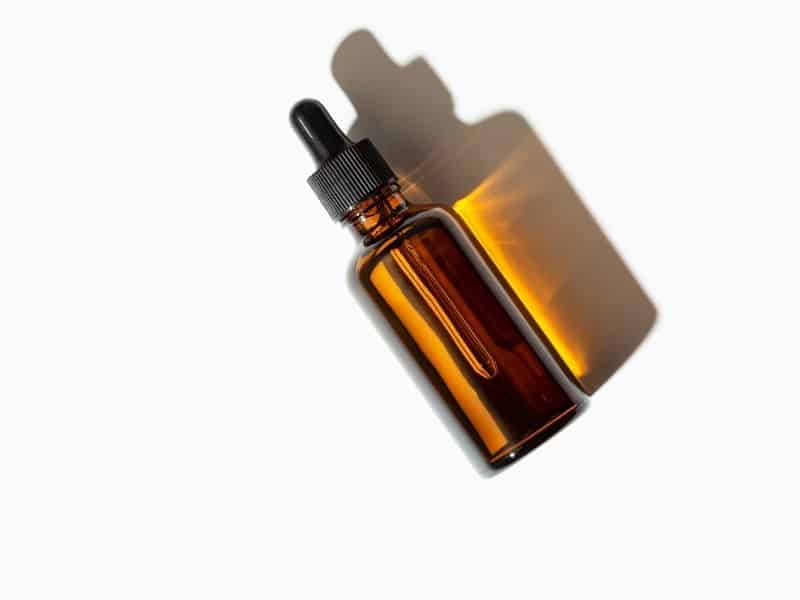
Rosehip Seed Oil, or Rosehip oil, comes from the seeds of rose bushes, typically after the bush loses its petals. Most Rosehip Oil comes from the wild rose bushes that are found in the Andes Mountains, but there are some other areas around the world where you can find these rose bushes.
Rosehip is a unique oil in that it’s considered a “dry oil.” This means that it’s more lightweight than thicker oils and doesn’t feel as heavy or greasy on the skin. Once you feel a dry oil like rosehip oil, you’ll notice the difference immediately. This is one of the reasons that Rosehip oil is so popular among those with oil and acne-prone skin types – it moisturizes without leaving an oily finish or feel on the skin.
It’s known for its high concentration of antioxidants and brightening properties, but has a multitude of other benefits as well. It’s a great oil for those who do not like the feel or finish of traditional facial oils.
Related post: Can You Layer Rosehip Oil On Top Of Retinol
Benefits Of Rosehip Oil
Compared to Argan Oil, Rosehip oil has quite a few more benefits. Let’s take a look in detail below.
- Anti-aging – Rosehip seed oil is high in Vitamin A which helps to stimulate collagen production to plump fine lines and wrinkles and reduce premature aging. Keeping the skin moisturized can also help to temporarily plump the skin for a more youthful look
- Brightening – Rosehip oil is known for its brightening properties. It’s rich in Vitamin A and Vitamin C which help to brighten the skin tone and fade discolorations like sunspots and acne scarring
- Hydrating – Many people don’t think of oils as being hydrating, but since they are rich in fatty acids, they can help to keep hydration locked in
- Exfoliating – Because of its high concentration of Vitamin A, Rosehip oil can help to exfoliate the top layer of the skin to help with skin tone, acne, texture and scarring and more
- Antioxidant – Rosehip oil is rich in antioxidants but has a particularly high concentration of Vitamin C, which is one of the strongest antioxidants. Antioxidants help to protect the skin from free radical damage from environmental factors like UV rays or pollution
- Acne – In addition to the acne fighting properties of Vitamin A, Rosehip Oil also has antibacterial properties so it can kill acne causing bacteria
- Healing – This oil is also rich in nutrients, vitamins, antioxidants and other components that help to speed up wound healing and promote tissue repair
- Anti-inflammatory – It’s been found that rosehip oil is a great anti-inflammatory facial oil that can help to reduce redness and calm irritated skin. It can also help with inflammatory skin conditions like eczema
Argan Oil Vs Rosehip Oil: Composition
Both oils have some similarities, but when you look at their composition, they’re actually pretty different and that can make a big difference for your skin.
Argan Oil
- 43-49% oleic acid
- 29-36% linoleic acid
- Not comedogenic (0)
- Best for dry/sensitive skin
Rosehip Oil
- 14% oleic acid
- 54% linoleic acid
- Less comedogenic (1)
- Best for acne-prone/oily skin
Fatty Acids: Linoleic and Oleic
Now you’re probably wondering what all that even means, but just stick with me here because it’s important and can help you pick out the right oil for your skin.
Linoleic acid and Oleic acid are both fatty acids that usually make up most of the fatty acid composition of oils. While both fatty acids are great, their ratio is really important when it comes to choosing the right oil for your skin.
Linoleic acid (also known as Omega-6) is lighter then Oleic acid and tends to absorb better into the skin. It’s been found that oily and acne-prone skin types often have low levels of linoleic acid in their skin, which means that using an oil with high amounts of Linoleic Acid can be very beneficial.
It’s also been shown that Linoleic acid can have barrier-repairing properties, so using an oil with high levels of this fatty acid can help with those with a damaged barrier.
Oleic acid (also known as Omega-9) is thicker, richer and much more nourishing. This makes it more beneficial for drier skin types. Oleic Acid has also been shown to be a permeability enhancer which means it can help other skincare products absorb better.
In general, oily and acne-prone skin types should look for an oil higher in Linoleic Acid and those with drier skin should look for one with more Oleic Acid.
Related post: Benefits Rosehip Oil For Lips
Why Fatty Acids Matter
Fatty acids are an essential component to our body and skin’s health. You may have heard of Omega fatty acids as being good for your heart. Well they’re good for your skin as well!
Fatty acids help to strengthen the skin’s protective barrier, provide moisture and prevent dehydration. It’s also been shown that fatty acids can help calm inflammation and reduce acne.
Related post: Is Argan Oil Comedogenic Or Non-Comedogenic?
Argan Oil Vs Rosehip Oil Similarities
Rosehip oil and Argan oil are both insanely popular oils in the beauty industry. They’ve been used for centuries to promote wound healing, calm inflammatory skin conditions and moisturize the skin and hair. Here are some similarities between Argan and Rosehip oils:
- Both oils have anti-inflammatory properties which helps to reduce irritation, sensitivity and redness. They can also help treat skin conditions like eczema and reduce flaky skin
- Argan oil and Rosehip oil have high concentrations of antioxidants to help defend and protect the skin against free radical damage
- Both oils are occlusive and can help to prevent transepidermal water loss and dehydration. They can also help to reduce dryness and smooth rough patches of dry skin
- Both facial oils can help to promote wound healing, which speeds up healing time of cuts and scrapes or even breakouts and acne scars
Argan Oil Vs Rosehip Oil Differences
- Fatty acid composition: Rosehip oil has a high concentration of Linoleic acid which makes it a better option for those with more oily skin. Argan oil has way more oleic acid, which makes it a more nourishing and moisturizing oil that’s best for drier skin types
- Rosehip oil is rich in many vitamins like A, B, C, E and K, plus many other minerals and other nutrients like antoxidants whereas Argan oil has high concentrations of Vitamin E and other antioxidants
- Since Rosehip oil is a dry oil, it’s lighter in texture and doesn’t have an oily or greasy feel. Argan oil is lighter and feels thicker
- Argan oil is rated a 0 on the comedogenicity scale which means it won’t clog pores. Rosehip oil is rated a 1 which means there’s a very low likelyhood of it clogging pores
- Rosehip oil can help to brighten the skin and fade discolorations like acne scars and sunspots. Argan oil doesn’t have a brightening effect like this
How To Use Argan Oil And Rosehip Oil
Facial oils can be used in so many different ways. Here’s a look at some of the best ways to use argan and rosehip oil.
Cleansing Oil
Though most people reach for a traditional oil cleanser, but you can actually use any kind of pure oil as a cleansing oil. This is known as the oil cleansing method. All you do is take a few drops of your favorite oil and massage into your skin to break down any dirt, oil and makeup, then follow with a traditional cleanser to remove excess oil and cleanse the skin.
Keep in mind that this method tends to leave a little more oil on the skin, even after cleansing. Most oil cleansers have emulsifiers in them which allow them to rinse off more cleanly.
Related Post: What’s The Difference Between A Cleansing Balm And Oil?
Mix With Moisturizer
You typically always want your facial oil to be the last step in your routine (except when using sunscreen – that should always be last). Mixing a few drops of argan or rosehip oil can help your skin absorb the oil a little more and keeps skin from feeling too heavy or oily.
Use On Top Of Moisturizer
The classic way of using oils – just apply a few drops on top of your moisturizer!
Use As A Hair Mask
Not skincare related, but it sure is one of my favorite ways to use Argan oil! I just apply some from root to tip and leave in for at least an hour (sometimes I leave it in overnight) and then shampoo and condition like normally.
Argan Oil Vs Rosehip Oil For Face

Let’s take a look at which oil is better for certain skin types and skin concerns.
Argan Oil Vs Rosehip Oil For Acne
While facials oils in general can be great for acne as they help to regulate oil production and keep the skin from overproducing sebum which can lead to breakouts. But when it comes to argan oil vs rosehip oil, rosehip oil is the clear winner for treating and preventing acne.
Not only does it have anti-bacterial properties to kill acne causing bacteria, but it also has high concentrations of Vitamin A which means it can help exfoliate the skin and keep dead skin cells from clogging pores.
Argan Oil Vs Rosehip Oil For Stretch Marks
While oils for stretch marks won’t perform miracles, they have been shown to help improve skin elasticity. Both argan oil and rosehip oil can be great for treating and preventing stretch marks. Argan oil was shown to improve skin elasticity when applied topically and taken orally. Rosehip oil can help to stimulate collagen which can also help to reduce the appearance of stretch marks.
Argan Oil Vs Rosehip Oil For Anti-Aging
Both Argan Oil and Rosehip Oil have anti-aging properties, but Rosehip Oil has the slight edge because of its better composition. Rosehip oil is high in Vitamin A which helps to stimulate collagen production and smooth fine lines and wrinkles.
However, Argan oil does have antioxidant powers from Vitamin E which can help prevent aging, but it doesn’t have any collagen stimulating or exfoliating powers like Rosehip oil does.
So, when it comes to anti-aging Rosehip oil has more power, but Argan oil is a great choice as well! Or you could just use both and get all the nourishing benefits!
Which Is Better For Skin Rosehip Oil Or Argan Oil?
It all depends on your skin type! Argan oil is great for dry and sensitive skin types because of its higher oleic acid content and anti-inflammatory properties. Rosehip oil is ideal for oily and acne-prone skin types because it’s non-comedogenic and feels very lightweight on the skin. Plus it has lots of anti-acne properties!
If you are looking for a facial oil that does a little more than just hydrate and moisturize, definitely give Rosehip seed oil a try. It’s a multi-tasker that can brighten skin, fade hyperpigmentation, moisturize and more.
Can You Use Argan Oil And Rosehip Oil Together?
Absolutely! In fact it’s been found that the combination of argan oil and rosehip oil is more beneficial than using either one on its own. The two oils together can improve the benefits of each oil to help improve skin elasticity, reduce fine lines and wrinkles, keep your skin smooth and moisturized, regulate production of sebum and treat acne if necessary.
Argan oil and rosehip oil together create a nourishing, repairing duo that can target a variety of skin concerns.
You can mix the two oils together or use one in the morning and one at night. You can even alternate them if you’d like.
Does Rosehip Oil Get Rid Of Wrinkles?
Rosehip oil can certainly help reduce wrinkles, fine lines and other signs of aging. However, keep in mind that although it contains anti-aging ingredients like Vitamin A and Vitamin C, it will not be as powerful as a dedicated vitamin c serum or retinol. However, it can make a great addition to an anti-aging routine!
Related post: What’s The Difference Between Squalane And Rosehip Oil
Argan Oil Or Rosehip Seed Oil: Wrap Up
So, which oil is better argan oil or rosehip oil? Well it all depends on your skin! Argan oil and rosehip oil are both great for your skin, but argan is generally more nourishing than rosehip oil. If you have dry or sensitive skin that needs extra help, then go with the argan. However, if you’re looking to treat a wider range of concerns like acne, scarring or dullness, then try out rosehip!
